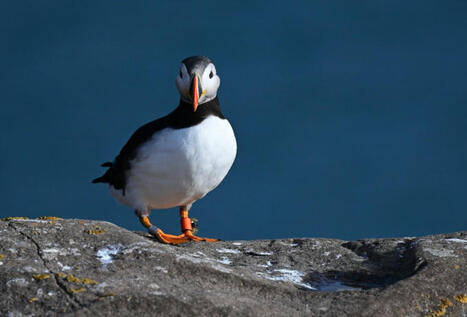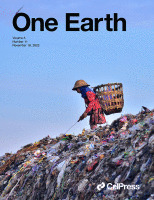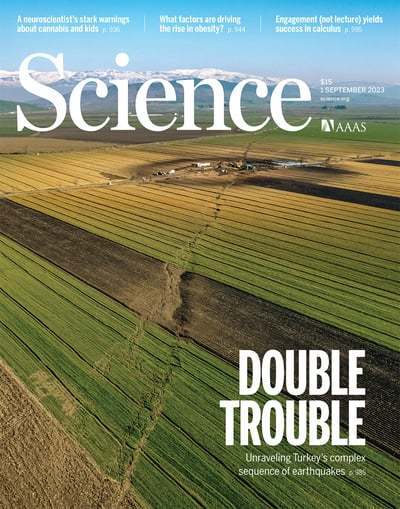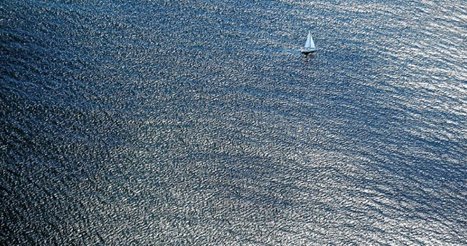Le mercure (Hg), bien qu’élément naturel, a vu ses concentrations largement augmentées dans l’environnement au cours des deux derniers siècles suite à l’accroissement des activités humaines et de la combustion des énergies fossiles. A fortes concentrations, il devient toxique pour les espèces vivantes, y compris l’Homme, avec des effets connus sur le comportement, la reproduction, ou encore la physiologie des organismes. Les concentrations de mercure dans l’environnement sont donc étroitement surveillées par les instances internationales afin d’en réguler ses émissions.
Research and publish the best content.
Get Started for FREE
Sign up with Facebook Sign up with X
I don't have a Facebook or a X account
Already have an account: Login
Revue de presse et du net par le Pôle de partage des connaissances S&T de l'Office français de la biodiversité
Curated by
DocBiodiv
 Your new post is loading... Your new post is loading...
 Your new post is loading... Your new post is loading...
|
|
















Albert, C., Moe, B., Strøm, H., Grémillet, D., Brault-Favrou, M., Tarroux, & al. Seabirds reveal mercury distribution across the North Atlantic. Proceedings Of The National Academy Of Sciences Of The United States Of America, publié le 13 mai 2024.